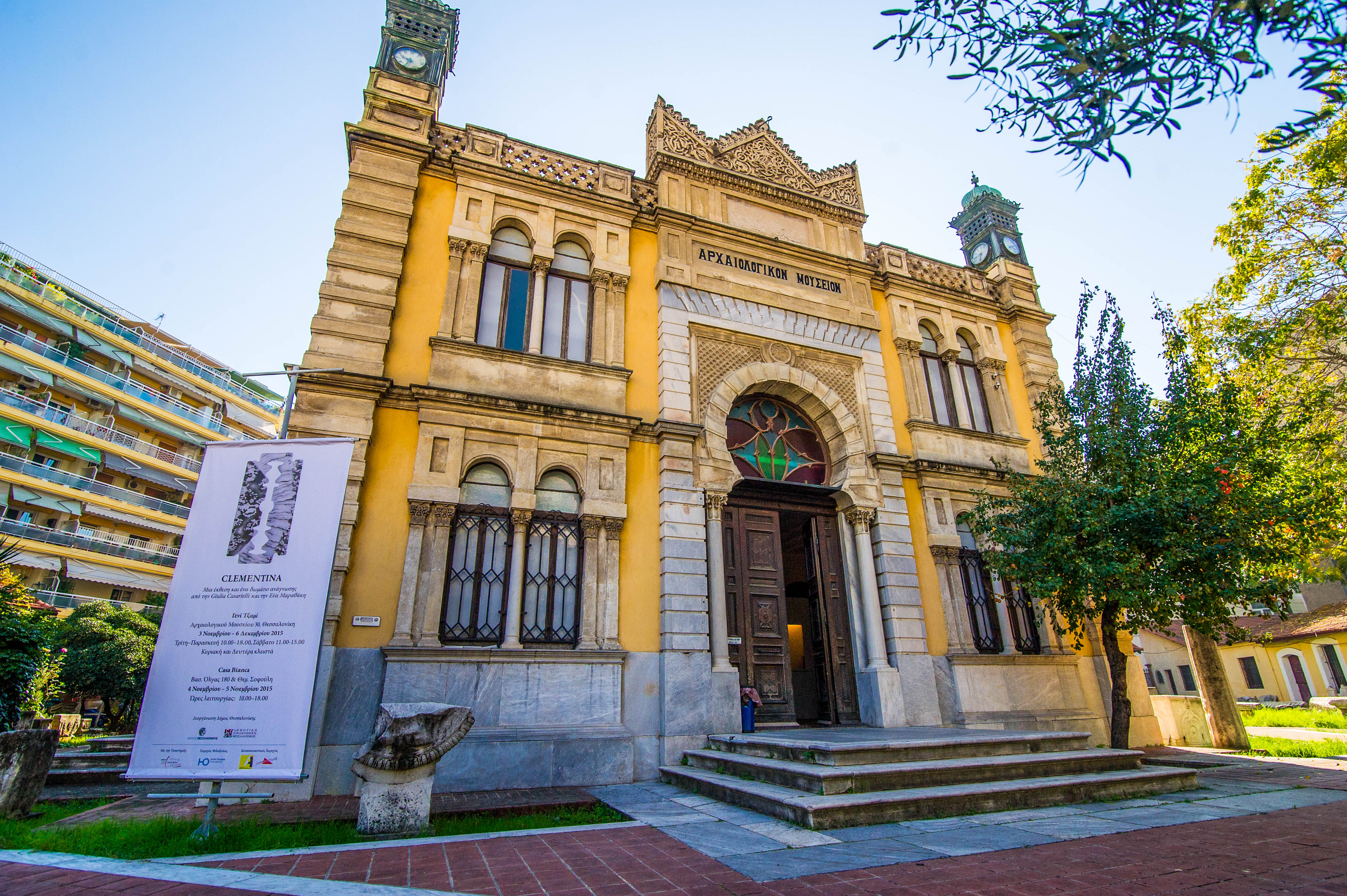XXIX Conference 2024
CESE 2024_Book
Changing Regimes of Control in Education:
Comparative Perspectives across Time and Space
July 8 - 11, Thessaloniki, Greece
School of Primary Education, Aristotle University of Thessaloniki
in collaboration with
the Greek Comparative and International Education Society (Ε.Λ.Ε.Σ.Δ.Ε.)
Education is increasingly shaped by new dynamics of power and influence, connecting global processes and networks with domestic policies and practices in complex ways. New modes of control in education include the growth of accountability regimes that set new frames for how to steer and manage education. They also include large-scale assessment systems that range from the early years to higher education. Surveillance mechanisms and data infrastructures, legitimated by discourses of quality, efficiency, and fairness, redefine the relations between teachers, students and knowledge at any level. Education in any context is not only subject to direct control by state institutions but is also shaped by multi-lateral agencies, for-profit actors, and transnational interest groups.
These issues have been unfolding for many years and are now complicated by a number of urgent challenges. One of these relates to rapid processes of digitalization, including the potential and limitations associated with artificial intelligence, on-line learning support technologies and the role of new media, all of which are redefining the purposes and processes of education. Where is the future site of education, to whom is it directed and how will it respond to an emerging context where humans and technology blend together? This leads to another urgent challenge: the possibilities for establishing common spaces for communicating, living, and respecting our diversities and differences, including a more ethical relation with the environment and other species. How do the forms of control outlined here shape educational futures aimed at connecting people in ways that might address the societal, political, and environmental imperatives of our time?
The following key speakers will unfold the conference theme through Plenary Lectures:
- Sotiria Grek (University of Edinburgh, United Kingdom)
- Antoni Verger (Autonomous University of Barcelona, Spain)
- Miri Yemini (Tel Aviv University, Israel)
- Jason Beech (University of Melbourne, Australia)
The following sub-themes, organised as Working Groups and reflecting diverse perspectives, institutional sites and professional groups, have been also established to explore the overall topic of the conference:
- Governing and the politics of control
- The professional between autonomy and control
- Controlling knowledge(s), curricula, and assessement
- The digital challenge
- Envisioning futures and the politics of the commons
In addition to these five Working Groups, there will be a New Scholars Working Group, as well as opportunities to submit papers for a number of Thematically-Focused Panels in which the landscape of control will still be in perspective but may touch upon themes that are not covered by any of the Working Groups.
Finally, the conference will include Cross-Thematic Sessions where papers can go beyond the conference theme by touching on theoretical and/or methodological issues related to comparative education, international education and development, intercultural education, and other related areas of study.
The Local Organising Committee and the Executive Committee of CESE look forward to welcoming our Members and academic colleagues from across Europe and the world. We are sure that you will enjoy our intellectually intensive programme of lectures, working groups, panels and sessions, as well as our lively social programme.






